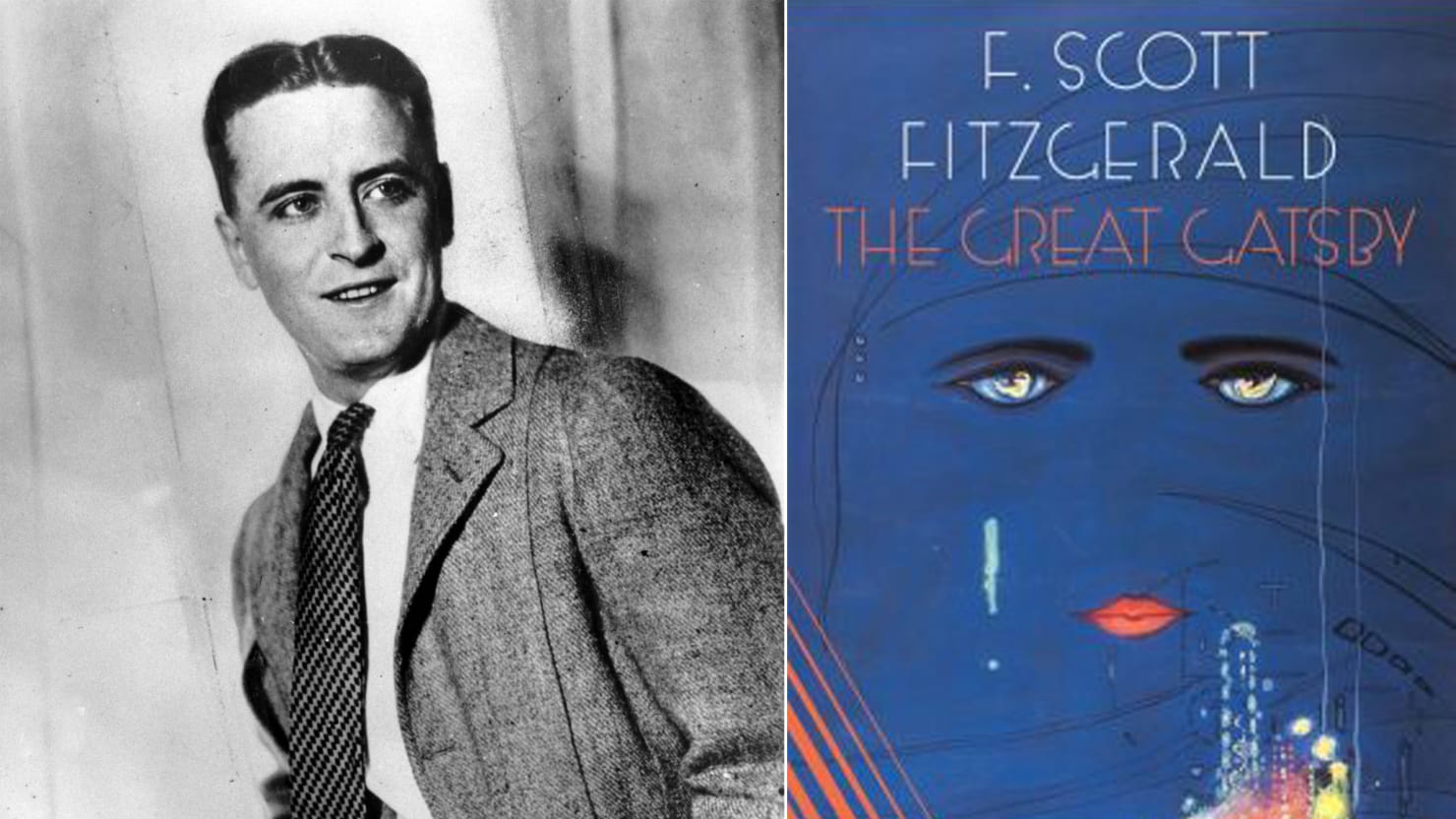नासतो विद्यते भावो नाभावो विद्यते सतः।
उभयोरपि दृष्टोऽन्तस्त्वनयोस्तत्त्वदर्शिभिः।।2.16।।
उभयोरपि दृष्टोऽन्तस्त्वनयोस्तत्त्वदर्शिभिः।।2.16।।
Birth (or existence) does not happen to what is non-existent,
and destruction (or non-existence) to what is existent; the finality of these
two has been seen by the seers of the reality.
-----------------------------------------------------------------------
अविनाशि तु तद्विद्धि येन सर्वमिदं ततम्।
विनाशमव्ययस्यास्य न कश्िचत् कर्तुमर्हति।।2.17।।
विनाशमव्ययस्यास्य न कश्िचत् कर्तुमर्हति।।2.17।।
And know that
to be destruction-less, by which all this (universe) is pervaded; no one is
capable of causing destruction to this changeless One.
-----------------------------------------------------------------------
अन्तवन्त इमे देहा नित्यस्योक्ताः शरीरिणः।
अनाशिनोऽप्रमेयस्य तस्माद्युध्यस्व भारत।।2.18।।
अनाशिनोऽप्रमेयस्य तस्माद्युध्यस्व भारत।।2.18।।
These destructible bodies are said to belong to the everlasting,
indestructible, indeterminable, embodied One. Therefore, O descendant of
Bharata, join the battle.
-----------------------------------------------------------------------
Here the Lord gainsays about presumptions of life by saying
that life is like an ethereal gossamer with no inception and no denouement.
This thread has unfathomable depth and insuperable altitude, yet it begins
where it ends and ends where it commences. It never ceases to stop and can’t be
made to capitulate to the worldly forces. Its existence is not questioned by
the influence of nature, nor can its sanctity be contravened by the human
actions. That which has ever been begotten can’t be debilitated in any manner,
that which has never been engendered can’t be created through any process, the
world we live in is constant, all of us tergiversate from one body to another.
Wherever there is death, somewhere else life will sprout us as a consequence
because as per the Lord, death is nothing but the inception of a new form of
life. Those who believe that demist symbolizes a coda of a human life will
always be eluded by the veracity of the universe, because death is nothing but
a catapult for new life. In this world nothing biotic can be expunged, it can
only be made to change its countenance. This is the ultimate truth of life.
Those who can console them to accept this truth will never achieve the covetous
unity with the atman, they will continue to see disparity in processes which
are inherently coherent, they will continue to see anachronism in process which
are innately coeval, and this will continue to produce various philosophical
and emotional imbroglios and mires for them. For they are restraining
themselves from seeing the reality, only pain and self-meditated notions would
be visible to them and thus redemption will never come.
The incessant process of transformation of lives and the
truth of confluence of pleasure and pain, love and hate, life and death, unity
and disparity, inception and destruction are the only truths of life that a man
must acknowledge and concede to. Though at first these things seem plumb
opposite to each other, yet they complement each other like none other. Deeming
them in the manner that the Lord prescribes will be an arduous task because
there is nothing as strenuous as steering one’s own thoughts and mind at one’s
command. Since we have inured ourselves to the convention of watching these
things as opposite to one another, we must unlearn our facile knowledge, flay
off our sense of insecurity through regular scholarship and then only we will
be able to reconcile those differences in our own heart. I must warn you
beforehand that this is going to be a formidable journey replete of hindrances
and difficulties. For we are acclimatized to celebrate birth and mourn death,
sing praise for origination and lament for the end, it would be extremely
difficult to get the reigns of our emotions. You can infer about the challenge posed
by this task by thinking of the yogis. The only truth that a yogi needs to
learn is hidden in these three shlokas, yet our human predilections and subconscious
mar our progress and curb our amelioration and thus make it very difficult to
conquer our mind.
It is only through constant practice and toil that we will be
able to clobber our base instincts and reach the supreme truth of the universe
that Lord wants us to recognize.
JAI HIND, JAI BHARAT
JAI MA BHARTI
